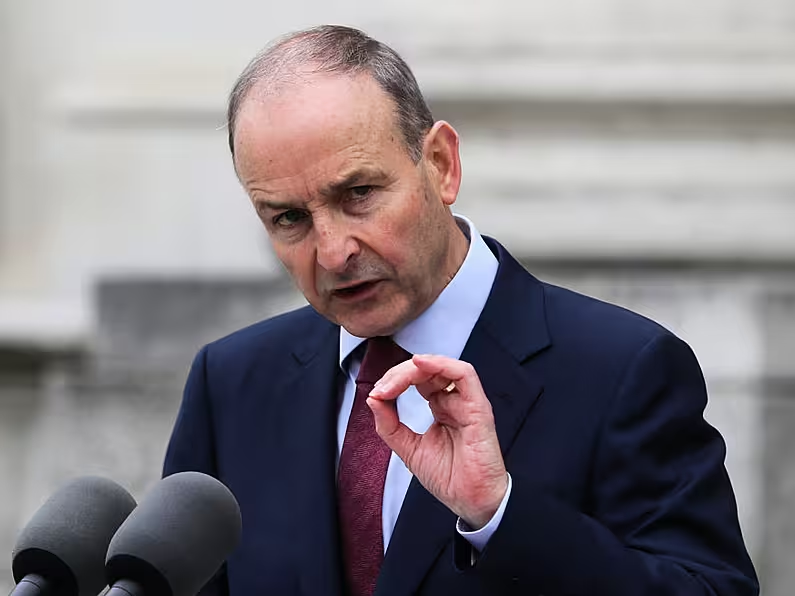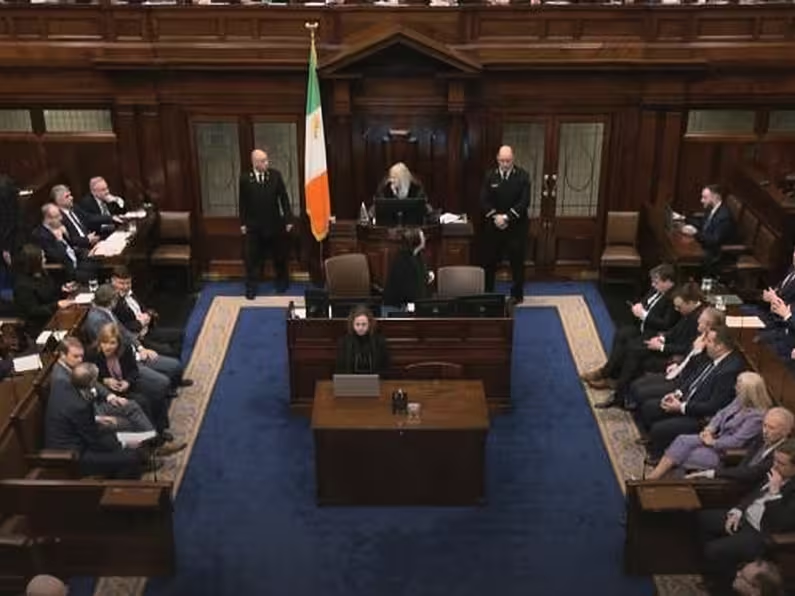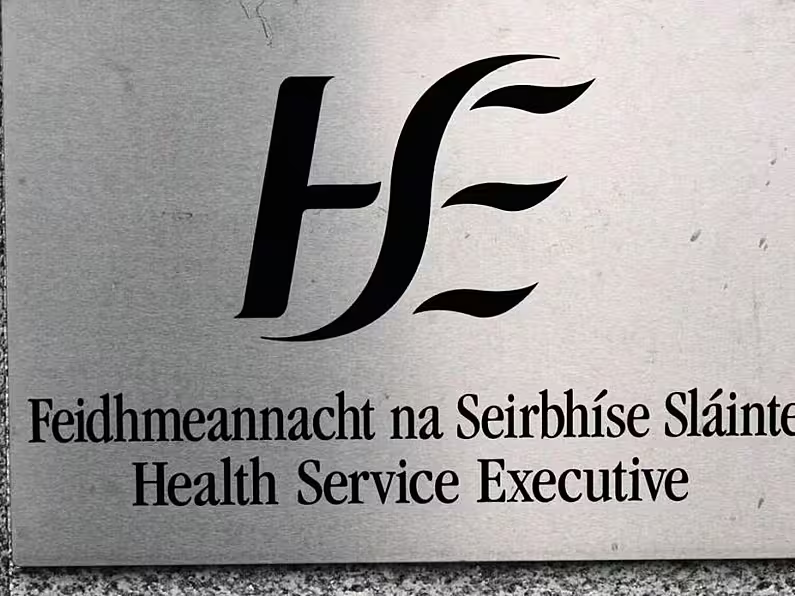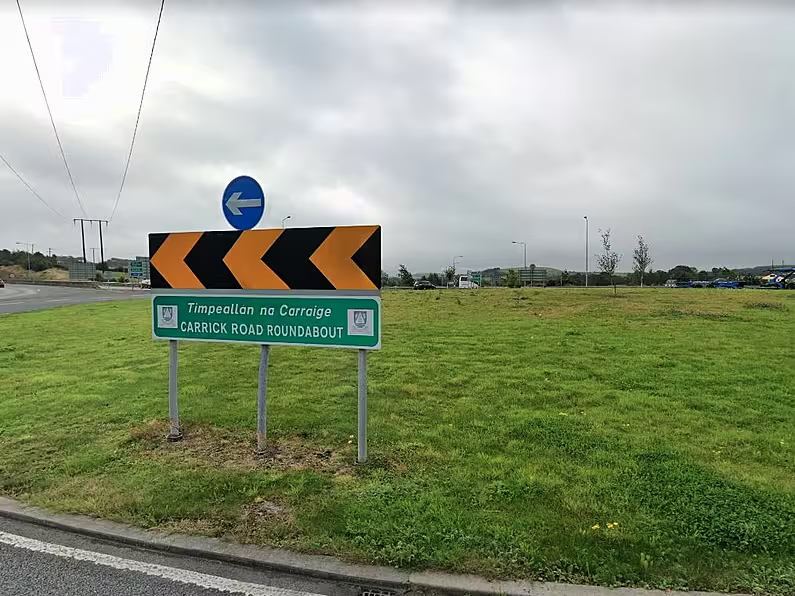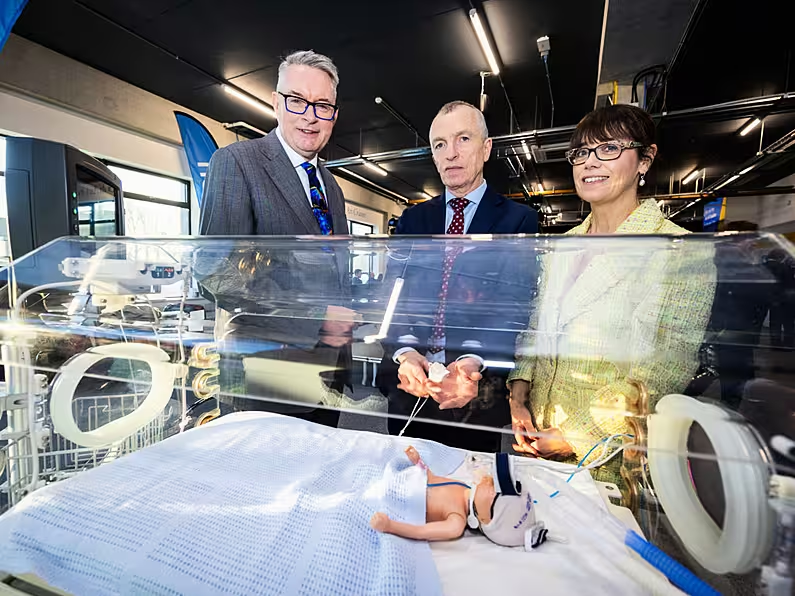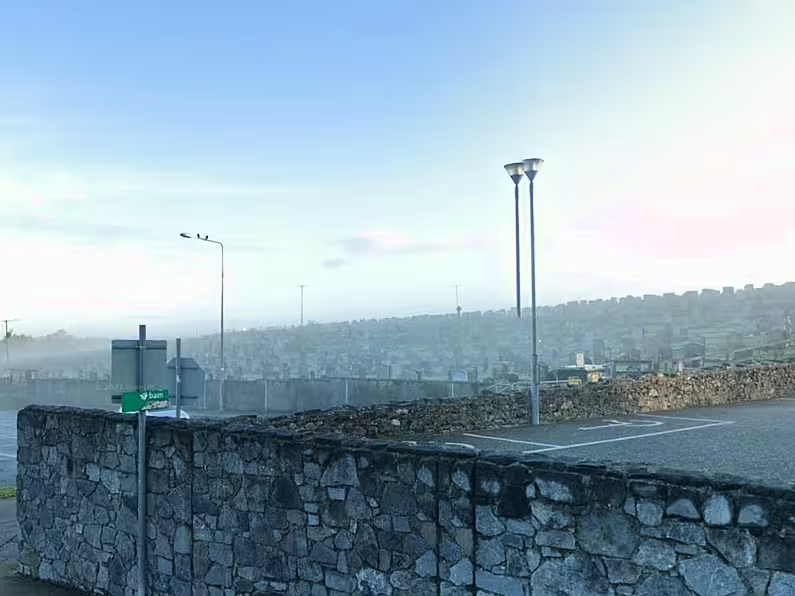By James Ward, PA
Taoiseach Micheal Martin has confirmed that antigen testing is to be carried out in schools.
Health Minister Stephen Donnelly said at the weekend that rapid testing of close contacts in primary schools could be introduced before Christmas.
Micheal Martin said on Monday that he has spoken with the chief medical officer Dr Tony Holohan about the measure, who has been sceptical about their use in the past.
If you test positive for #COVID19 you will get a text message that includes a web link where you can upload contact details for your close contacts. Please remember to upload details of your contacts so contact tracing can get in touch. https://t.co/0Fs9QT8qu5 pic.twitter.com/gqmyET1ChP
— HSE Ireland (@HSELive) November 7, 2021
Mr Martin said: “In terms of the contact tracing, there will be utilisation of antigen in given areas within schools, in line with advice from public health.
“Public health has been very consistent in relation to schools and advice to schools.
“And we’ll continue to keep the matter on the review.”
Mr Martin said the European Centre for Disease Prevention and Control (ECDC) had advised that antigen testing may be used in “specific circumstances within schools”.
However he said public health experts are more concerned about the impact other respiratory illnesses, such as RSV and bronchiolitis, are having on children than Covid-19.
He said: “The real message from public health has been RSV, actually, and non-Covid respiratory illnesses are more of a problem for children right now, in respect of admissions to hospitals.
Respiratory illness
“And so the basic advice has been that anybody who’s symptomatic in any way in terms of respiratory illness should not go to school.
“That’s been consistent over the last month to six weeks in terms of RSV, which is a particular respiratory virus and others."
It comes as infectious diseases expert Professor Sam McConkey has warned that antigen testing for children could give false reassurances.
Regular routine testing had a role to play, he told Newstalk Breakfast.
Antigen testing in schools could be of benefit if used correctly, he said, but testing would have to be done on Day 5 and Day 10 after possible infection.
Testing on other dates could provide negative results which would provide false reassurance.
There was a need to go back to non-pharmacological methods to avoid spread of the virus, he urged, such as mask wearing, sanitisation, social distance.
The vaccine alone was not enough to control spread of the disease, he said.
When asked about booster vaccines, Prof McConkey said they were needed as immunity waned, but the question was when was the optimal time to boost.



